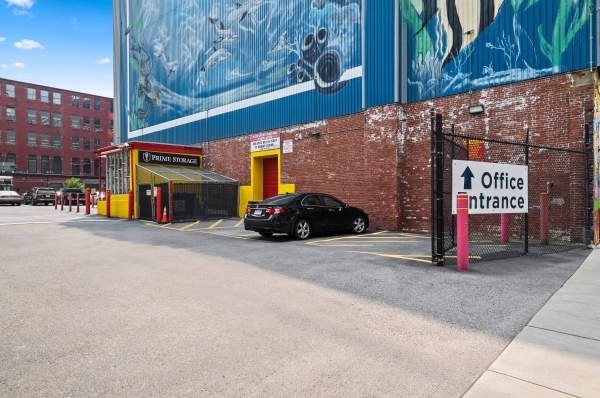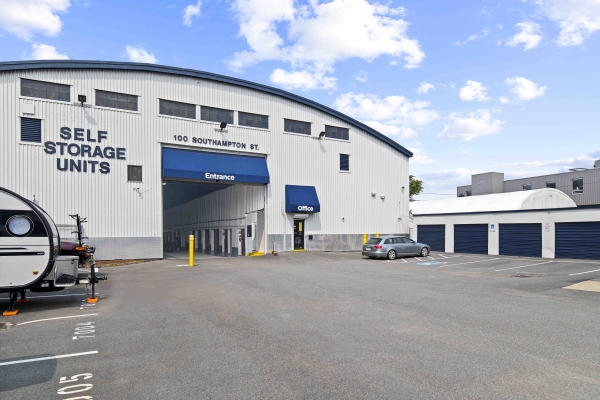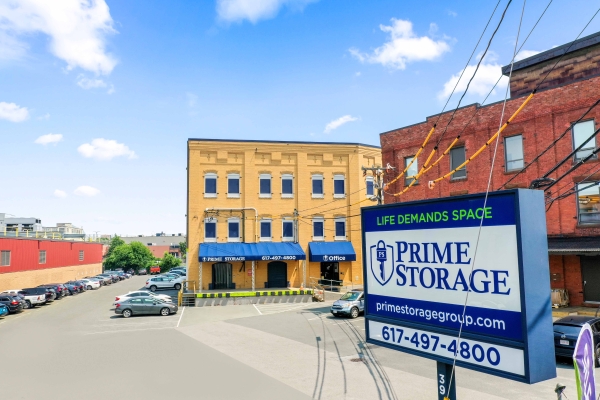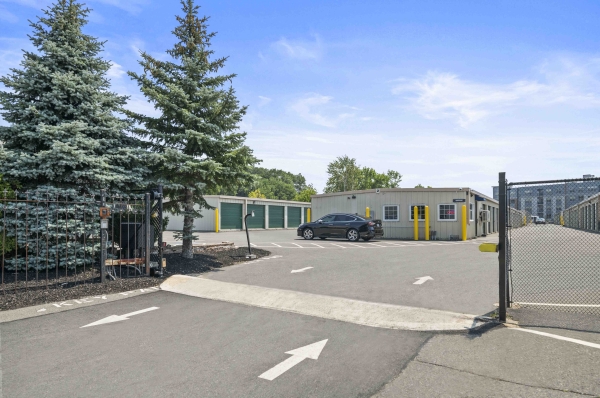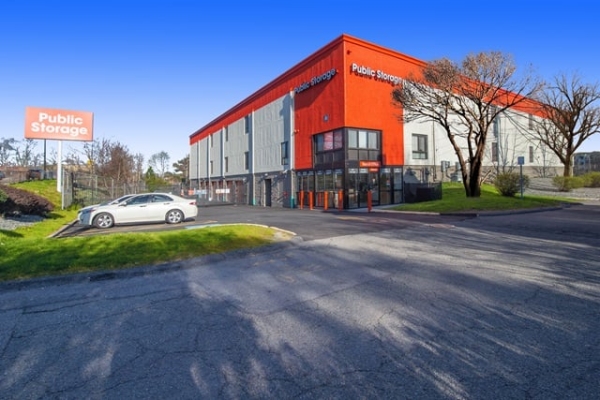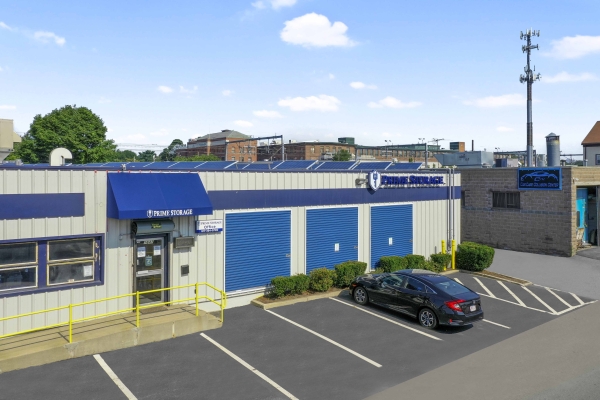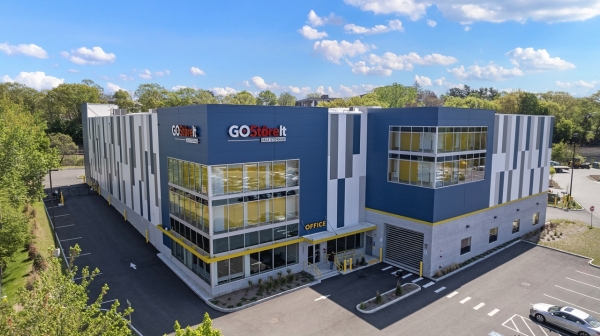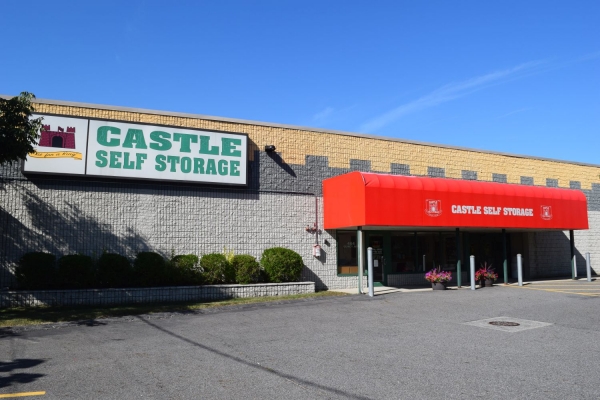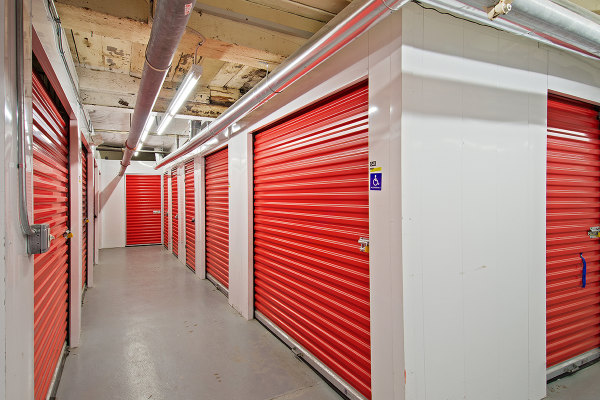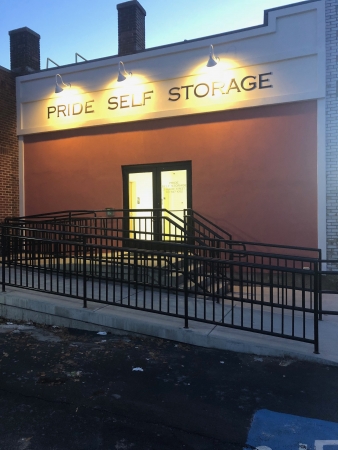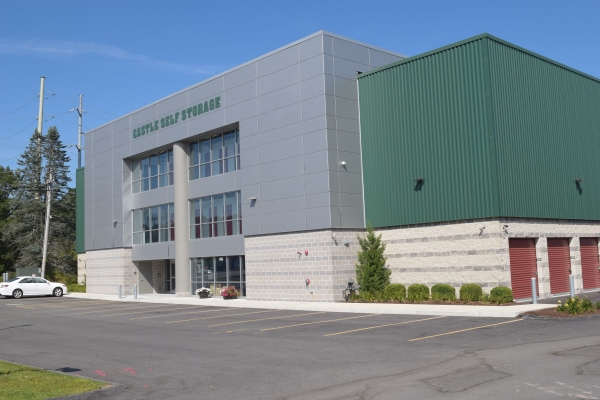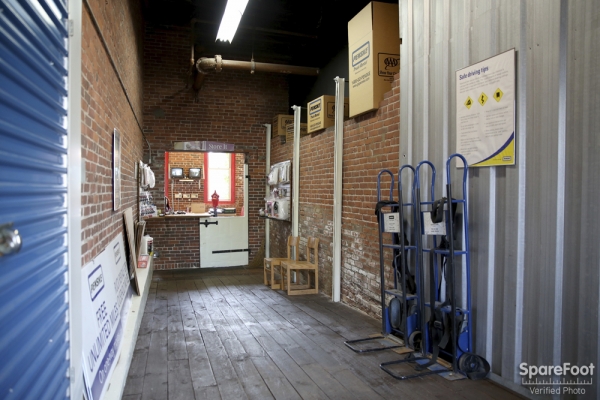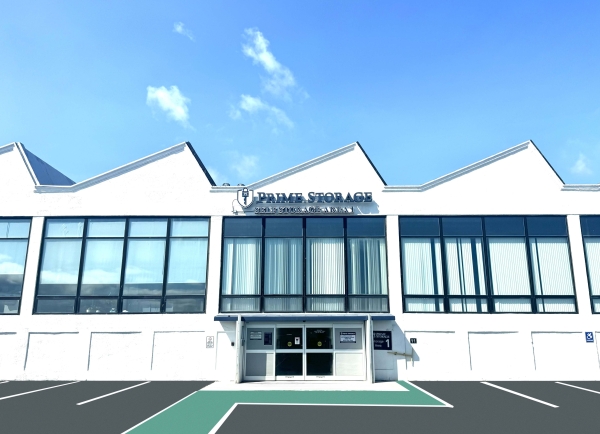The Cost of Self Storage in Boston, MA
Boston has a reputation for being an expensive city, and its storage unit costs reflect that. Massachusetts as a whole has higher rates than the U.S. average, but rates in Boston are generally $40 to $100 more expensive than even the state average, depending on the size of the unit.
The high cost of storage rentals in Boston are caused in part by the generally high cost of real estate in the city, which makes it more expensive for companies to build and maintain storage facilities. In addition, Boston has a large number of colleges that bring more than 350,000 students a year to the area. The large population of students drives up the demand for storage units.
Average price of storage units by size in Boston, MA
| Size of Storage Unit | City Average | State Average | National Average |
| 5×5 | $91 | $52 | $41 |
| 5×10 | $113 | $79 | $59 |
| 10×10 | $186 | $136 | $95 |
| 10×15 | $260 | $175 | $113 |
| 10×20 | $294 | $194 | $133 |
What to Consider when Looking for Storage in Boston, MA
Cost-effectiveness is a big concern when choosing a Boston storage unit, so choosing a smaller unit is usually better. New renters should carefully inventory their belongings and pack them as tightly as possible to fit them into smaller spaces. While doing this, it’s a good idea to look out for any temperature-sensitive items. Boston winters are cold and snowy, and summers can be warm and humid. Delicate items may do better in a climate-controlled unit.
Boston’s property crime rate is approximately the same as the U.S. average, making it a fairly safe place to rent a storage unit. Basic safety precautions, such as a controlled-access gate and video monitoring, are still a good idea, but renters may be able to save money by choosing a facility without state-of-the-art security.
Helpful Tips for Moving to Boston, MA
Although the cost of living in Boston is high, the thriving economy helps many people live comfortably. The unemployment rate is significantly lower than the national average, and job growth in the Boston area is projected to outpace growth in the United States as a whole. It’s a particularly good place for people in academia and technology.
One downside of moving to Boston is the traffic, which tends to be slow and congested. However, many neighborhoods are highly walkable, and there is an extensive public transportation system that includes buses and a commuter rail network. This helps keep the average commute time to 30.4 minutes, which is only 4 minutes longer than the national average.
Frequently Asked Questions
How much is self-storage in Boston, MA?
Self-storage costs in Boston range from $91 for a 5’x5′ unit to $294 for a 10’x20′ unit, on average. Due to the city’s high cost of living, double the national average, renters can expect to pay $40 to $100 more than the state and national average. Boston is also home to many universities and colleges, which attract over 350,000 students per year, increasing the demand for short-term storage.
Is climate-controlled self-storage necessary in Boston, MA?
With Boston’s below-freezing winter temperatures and hot and humid summers, storing delicate items in climate-controlled self-storage units is crucial. Items like electronics, furniture, art, and books are especially prone to shrinking or cracking in cold temperatures. Heat and humidity can also cause melting, warping, and cracking. When searching for a climate-controlled unit, ensure they offer air conditioning, heating, and humidity control to protect your belongings.
How to get cheap storage units in Boston, MA?
The most effective way to reduce your storage costs in Boston is to opt for the smallest unit suitable for your belongings. Rates increase by size, so pack your items as tightly as possible to fit them into a smaller unit. You can also save money by comparing rates from local facilities and asking about discounts or referral programs. Many spaces offer specials such as free for the first month or reduced rates for longer terms.
Does my renter’s insurance cover storage units?
Most rental insurance policies cover off-site items, such as those in a storage unit. However, these items are often covered at a reduced rate of 10% of your standard policy. They may also not be covered against certain types of damage, such as mold, mildew, water damage, or earthquakes. You can purchase additional self-storage insurance from your original provider or a third party to ensure full coverage and protection of your valuable belongings.
Are storage units safe?
Most storage units are protected by essential safety features, including locks, gates, and access codes. However, you can increase the security of your unit with additional amenities such as alarm systems, guards, and video surveillance. While Boston’s property crime rate is close to the national average, adding safety amenities offers peace of mind when storing high-value items. You can also protect your belongings by upgrading your lock, storing valuable items at the back, and choosing an indoor unit.
